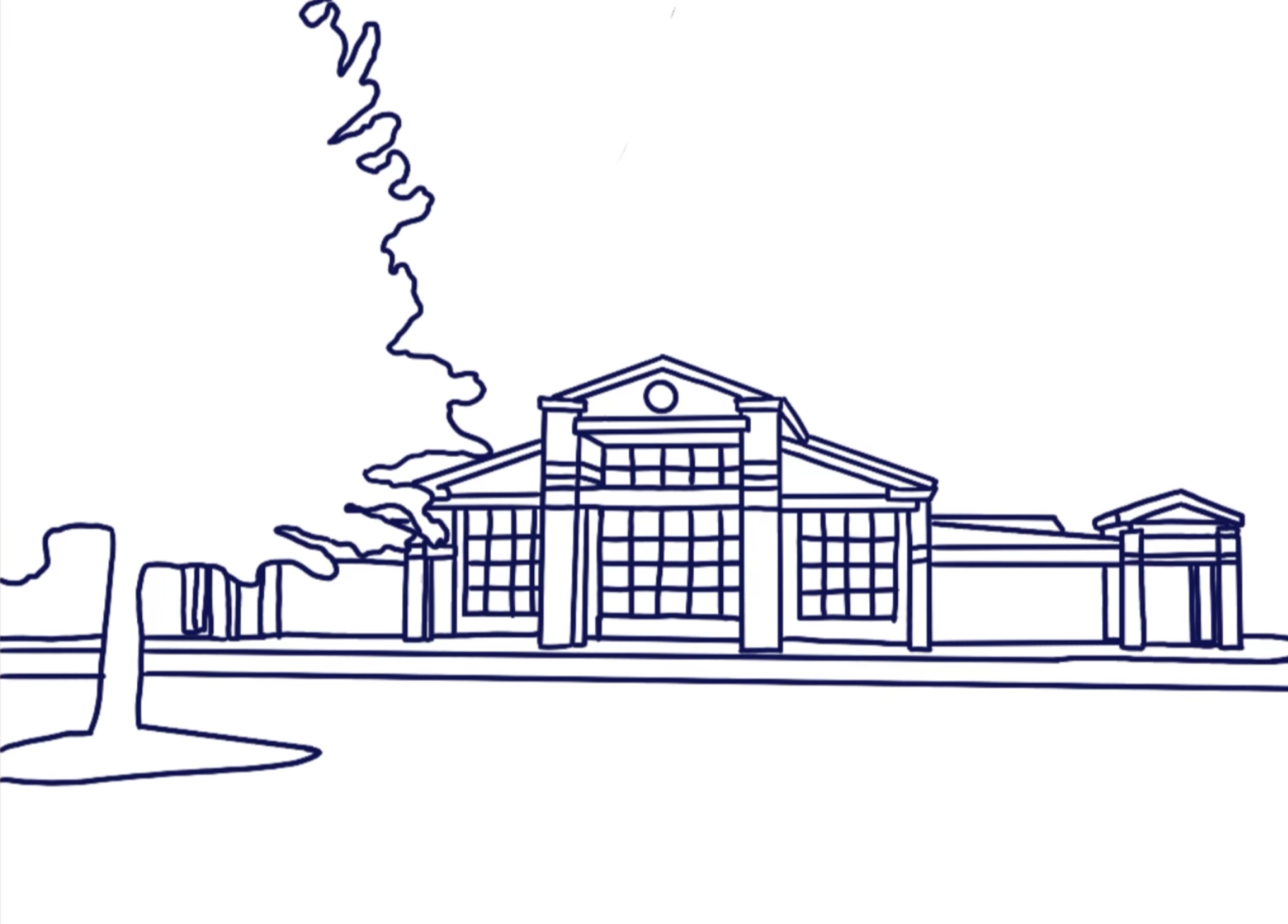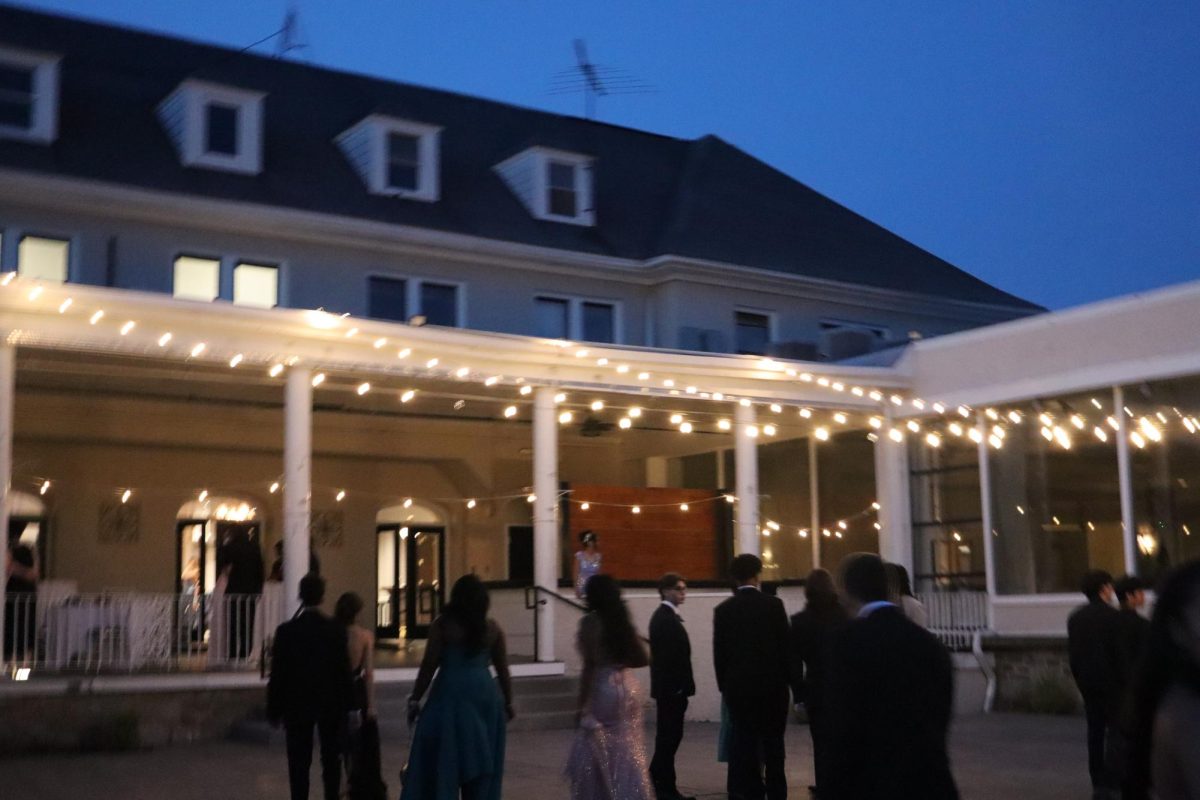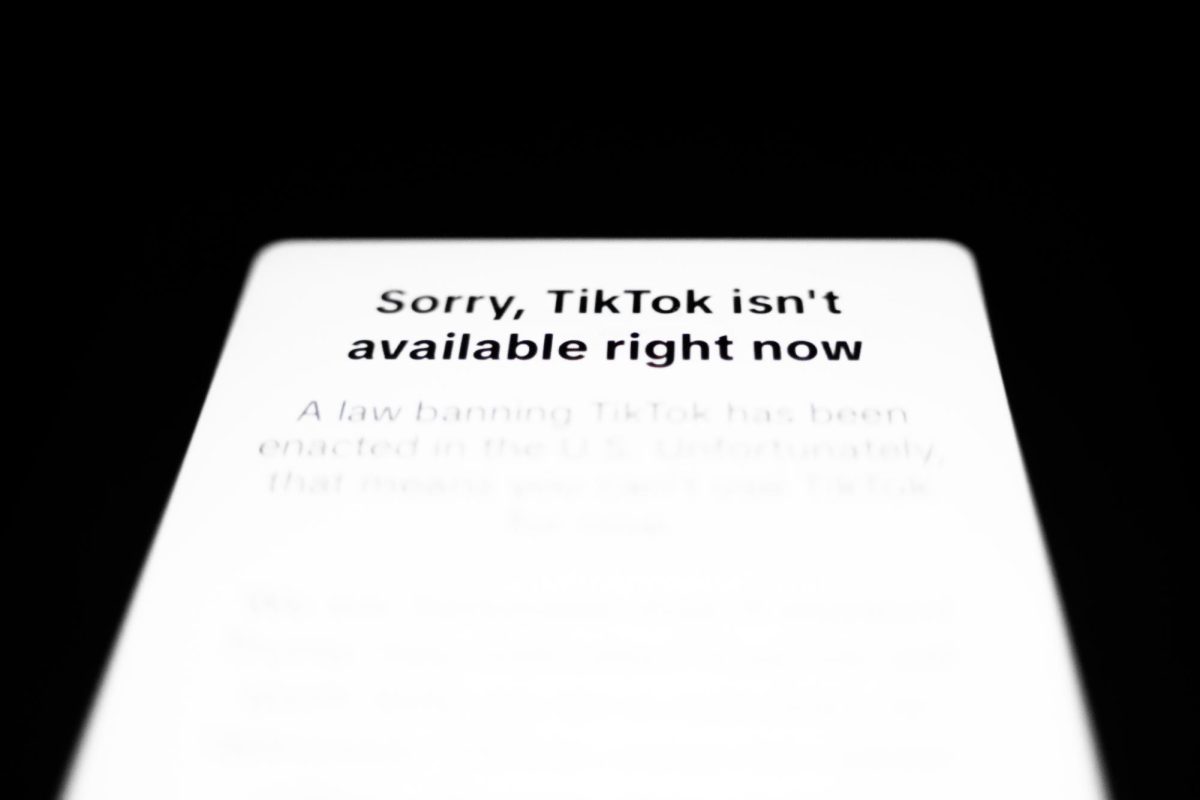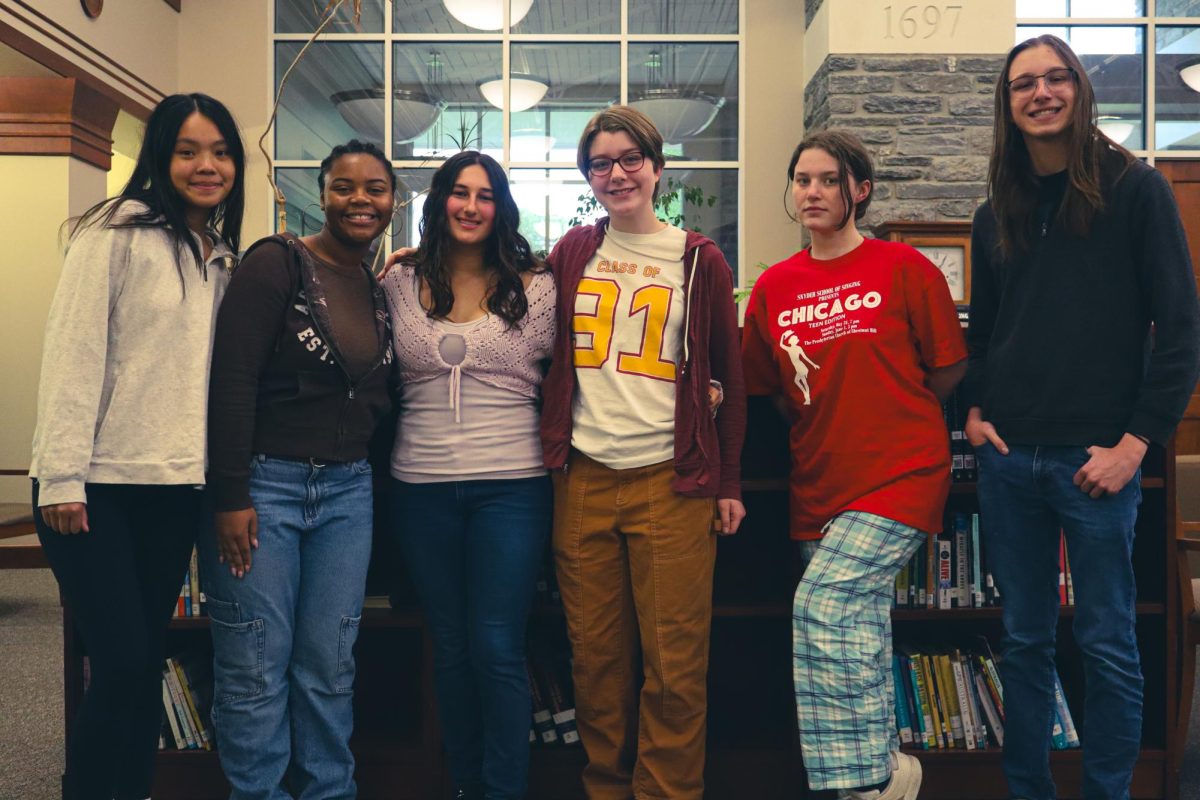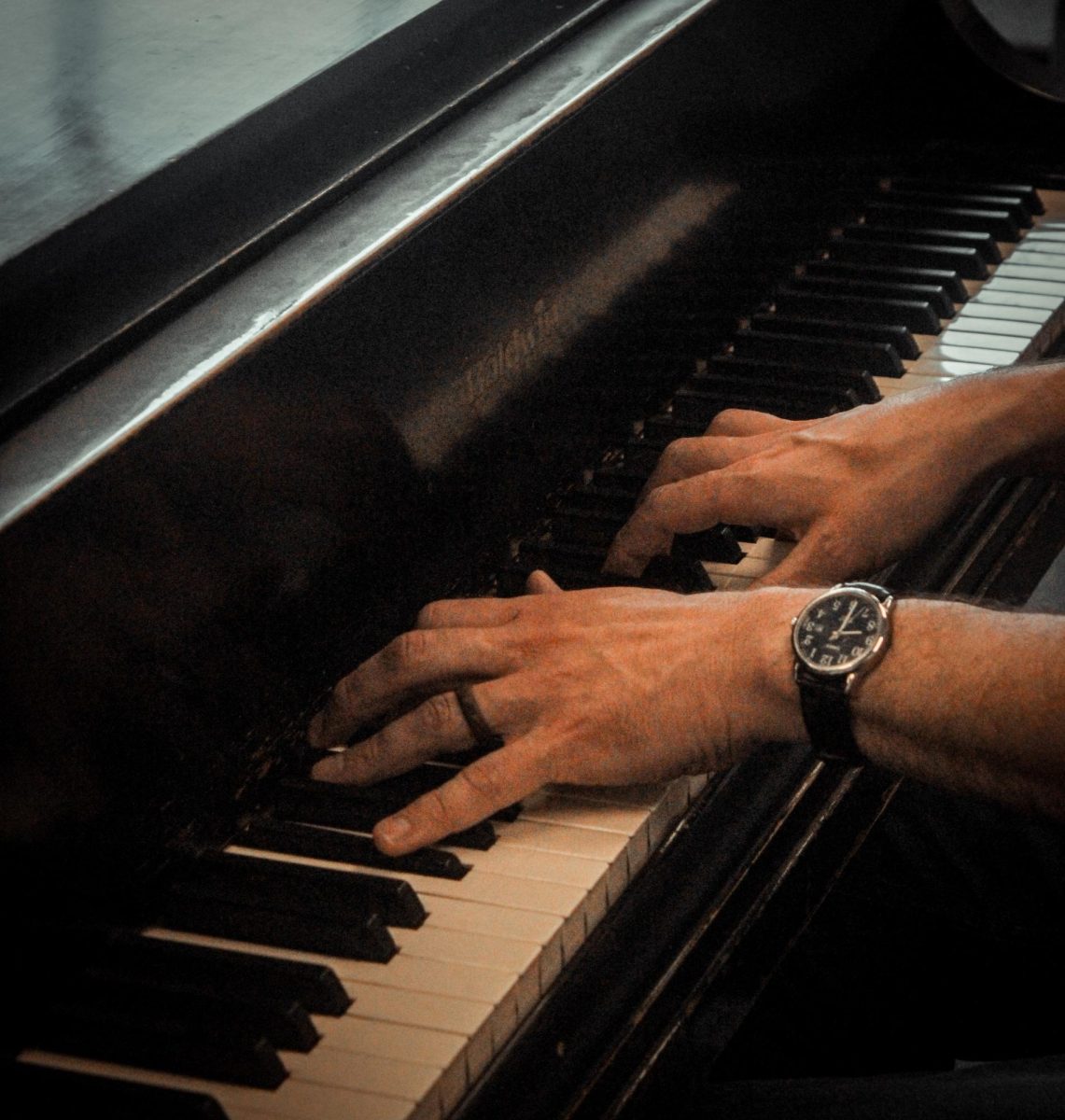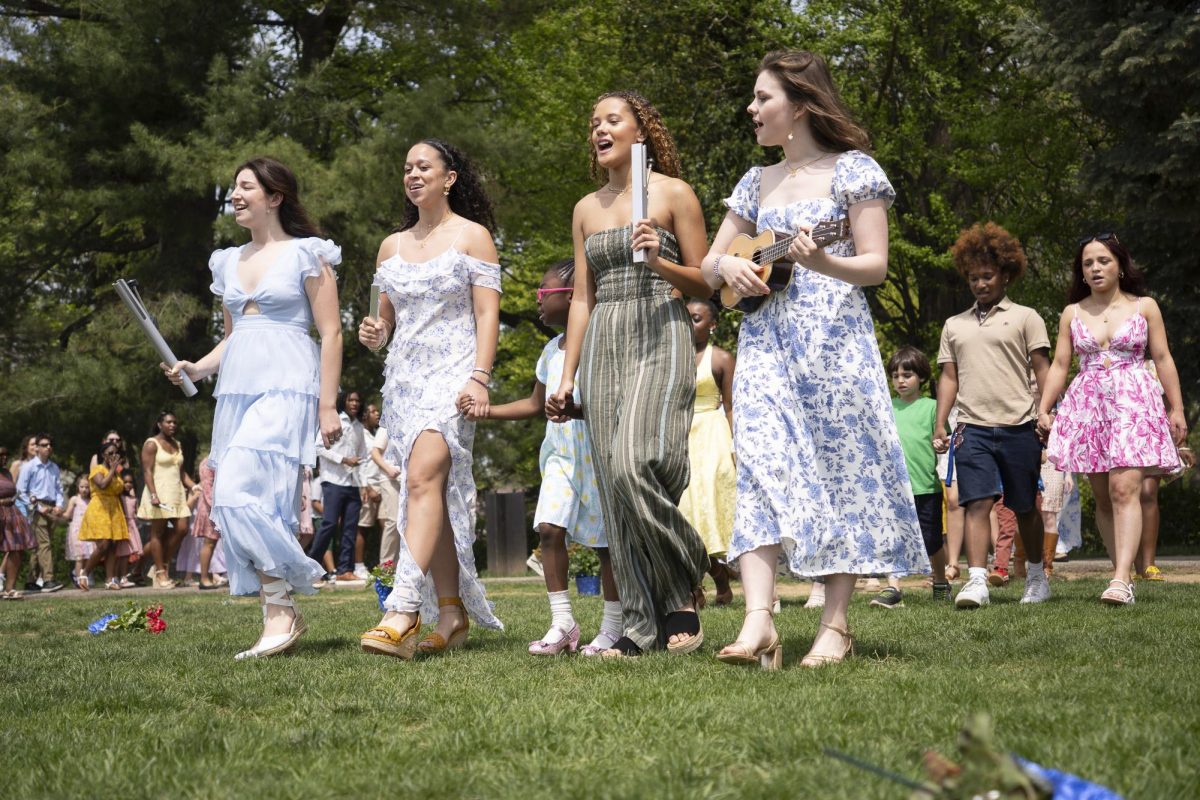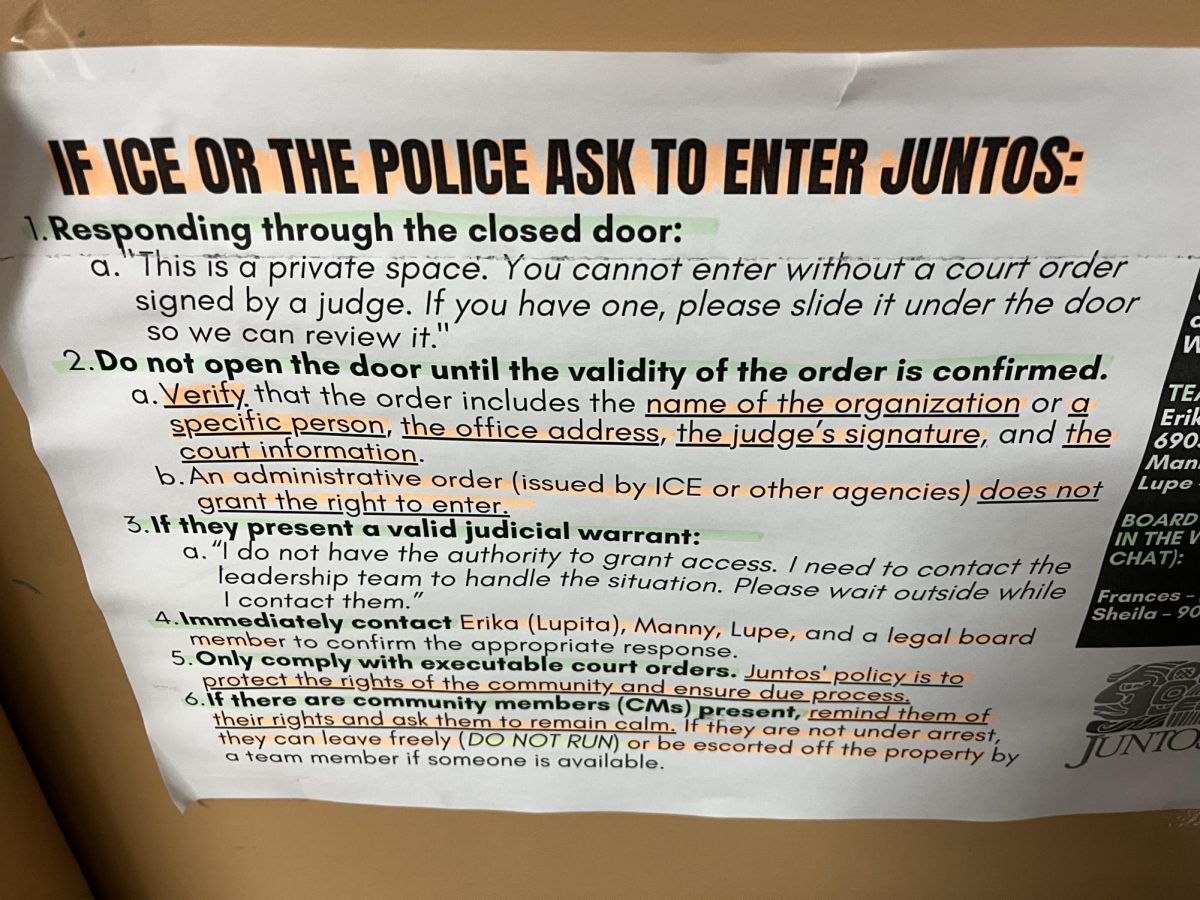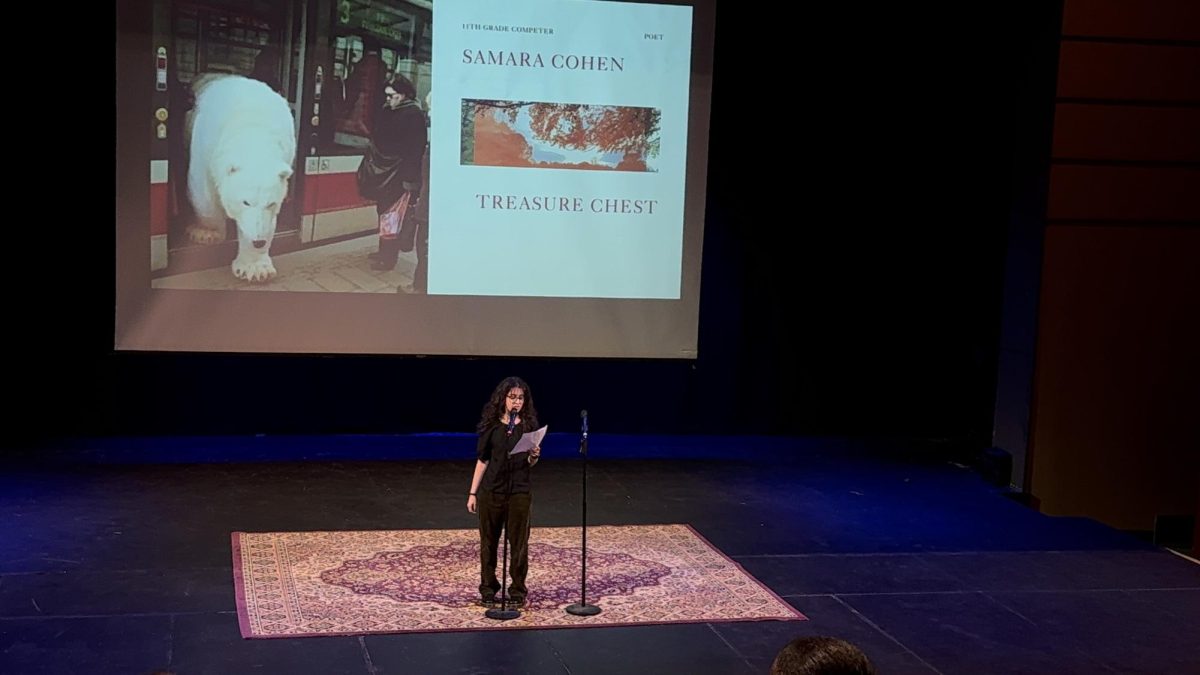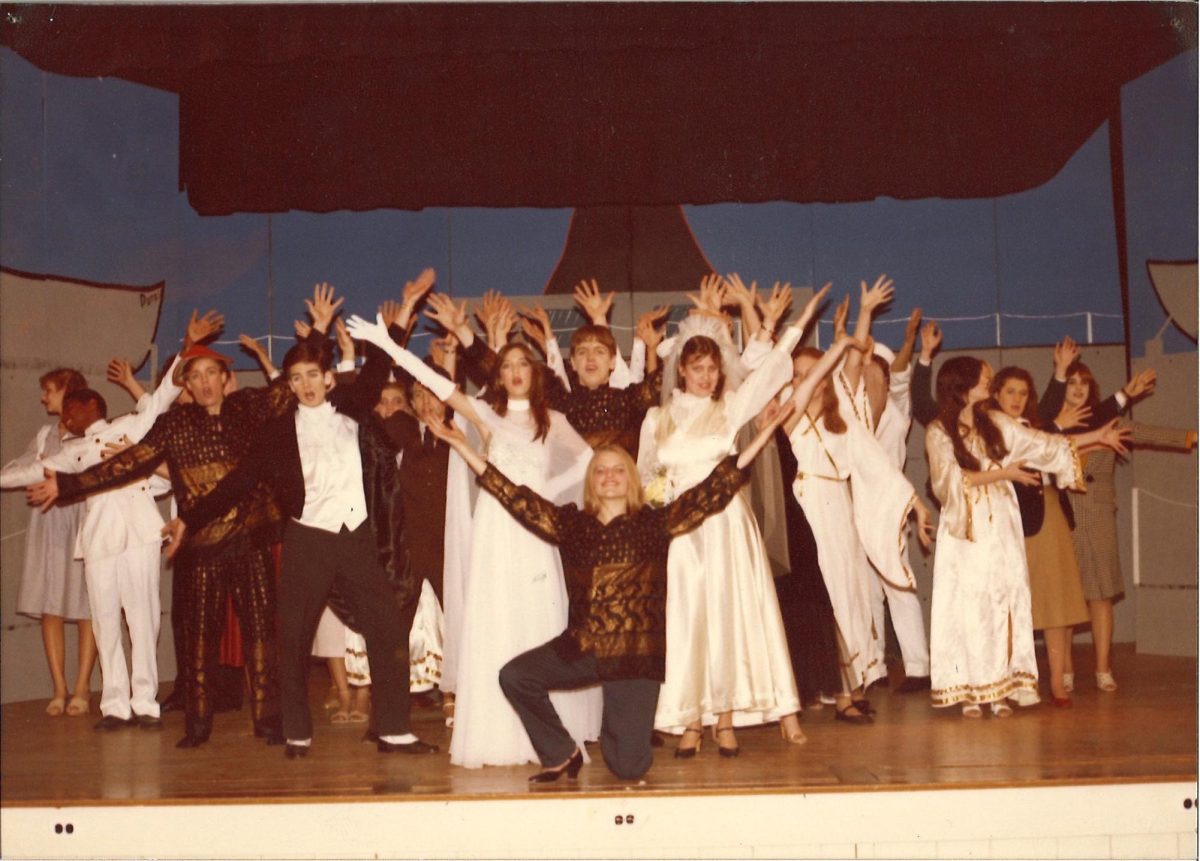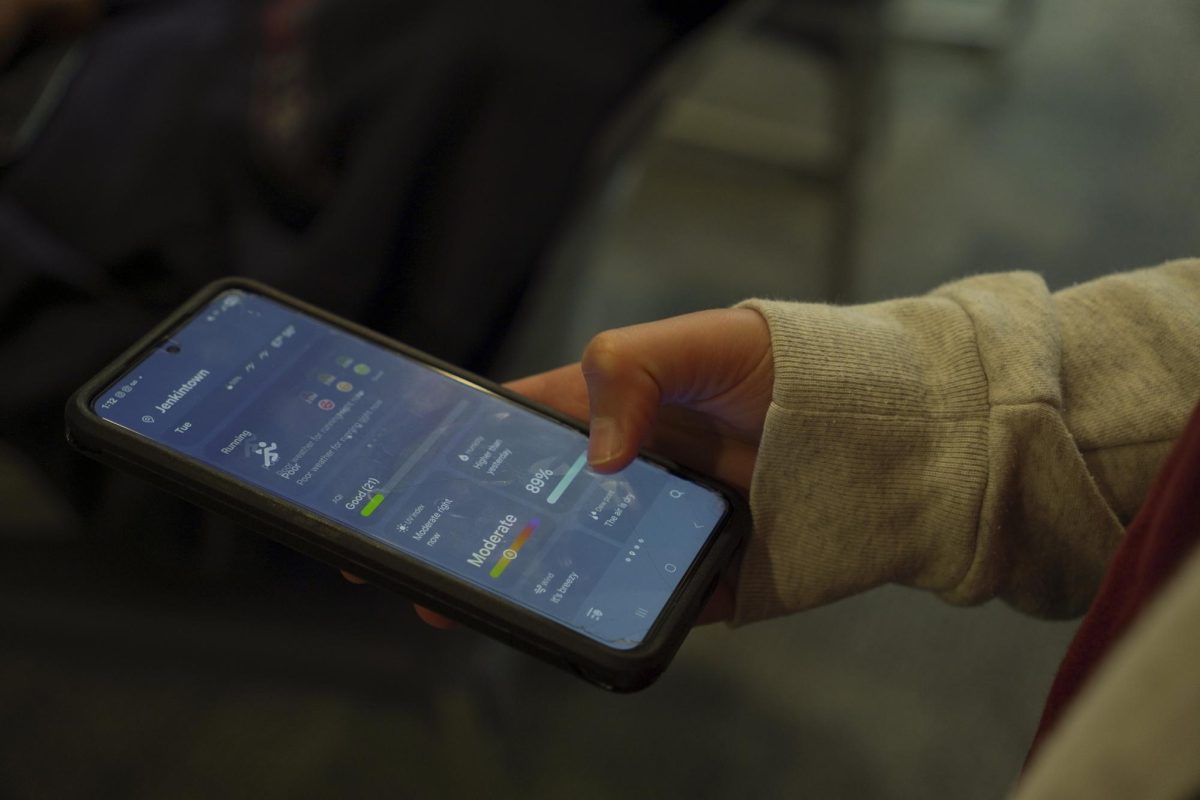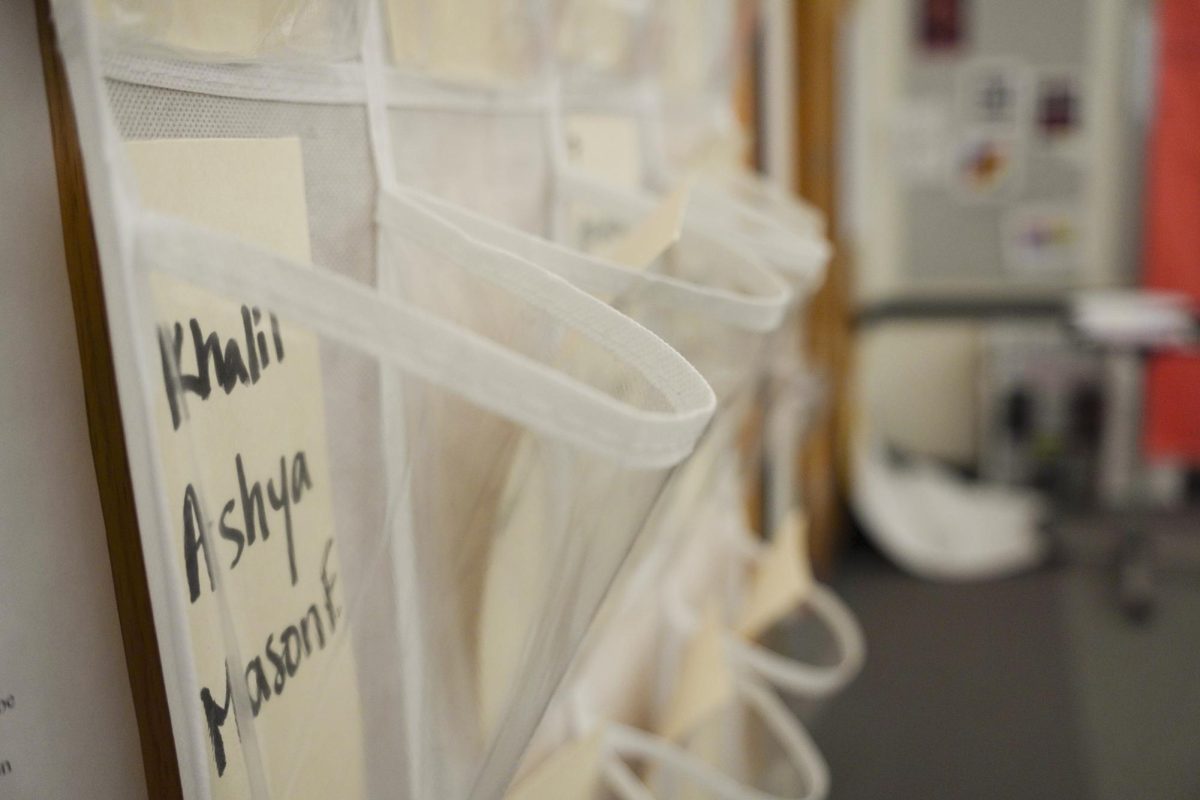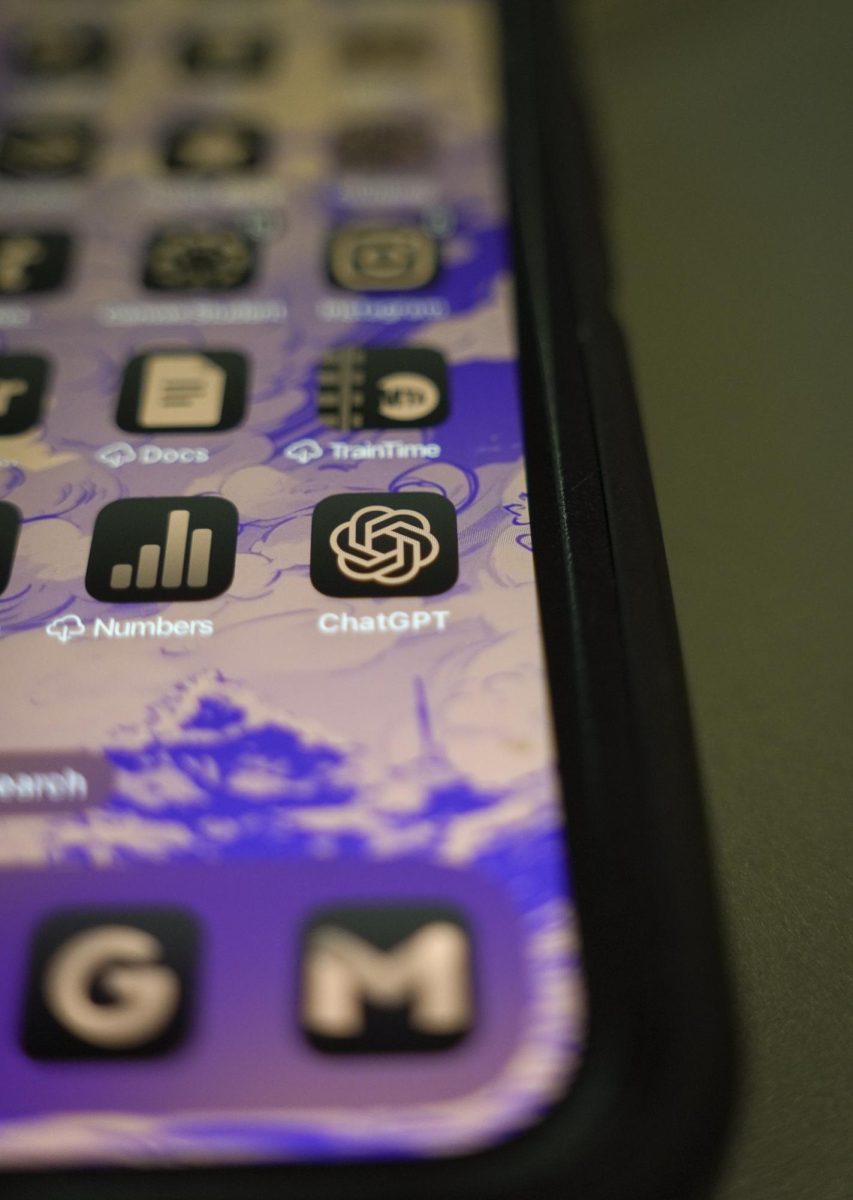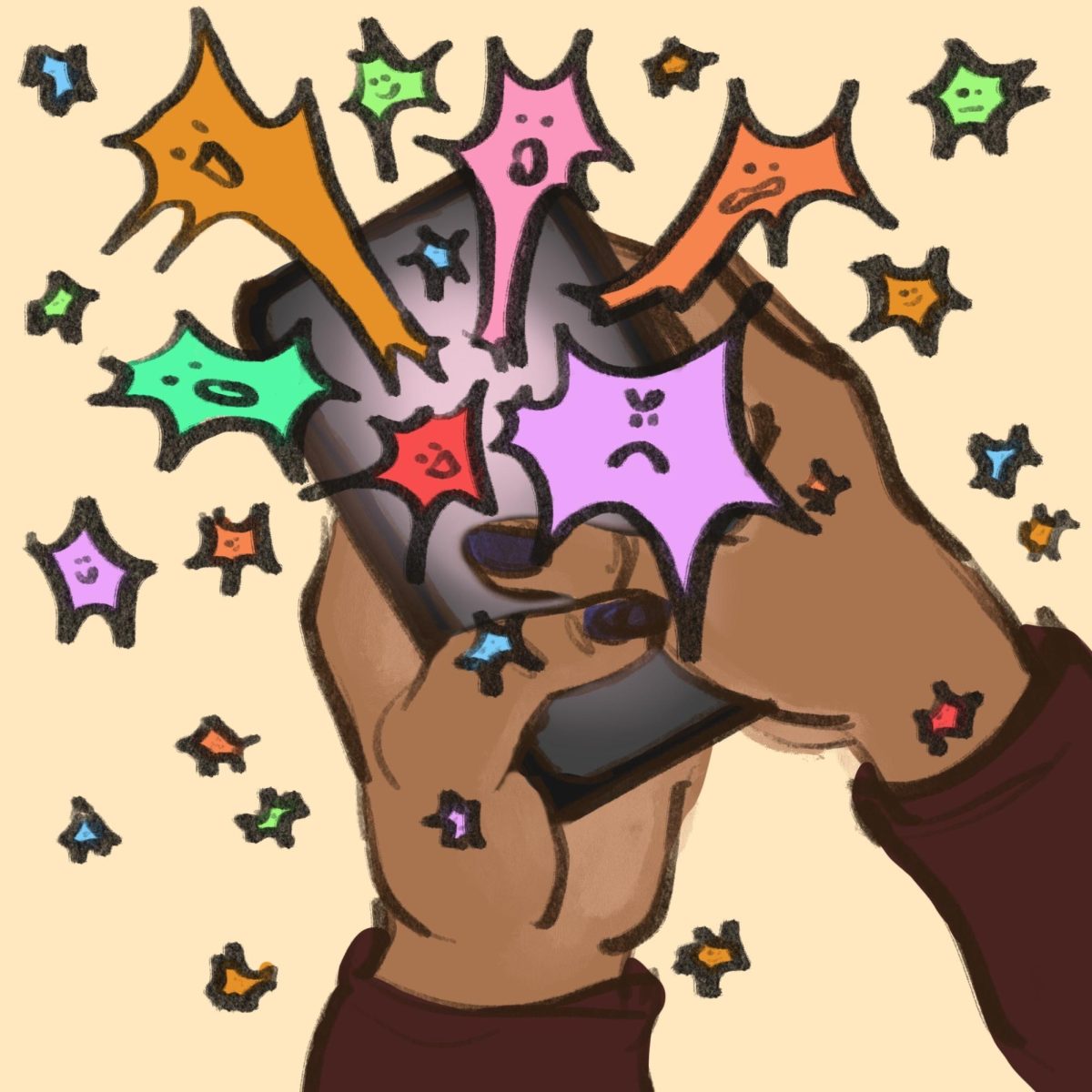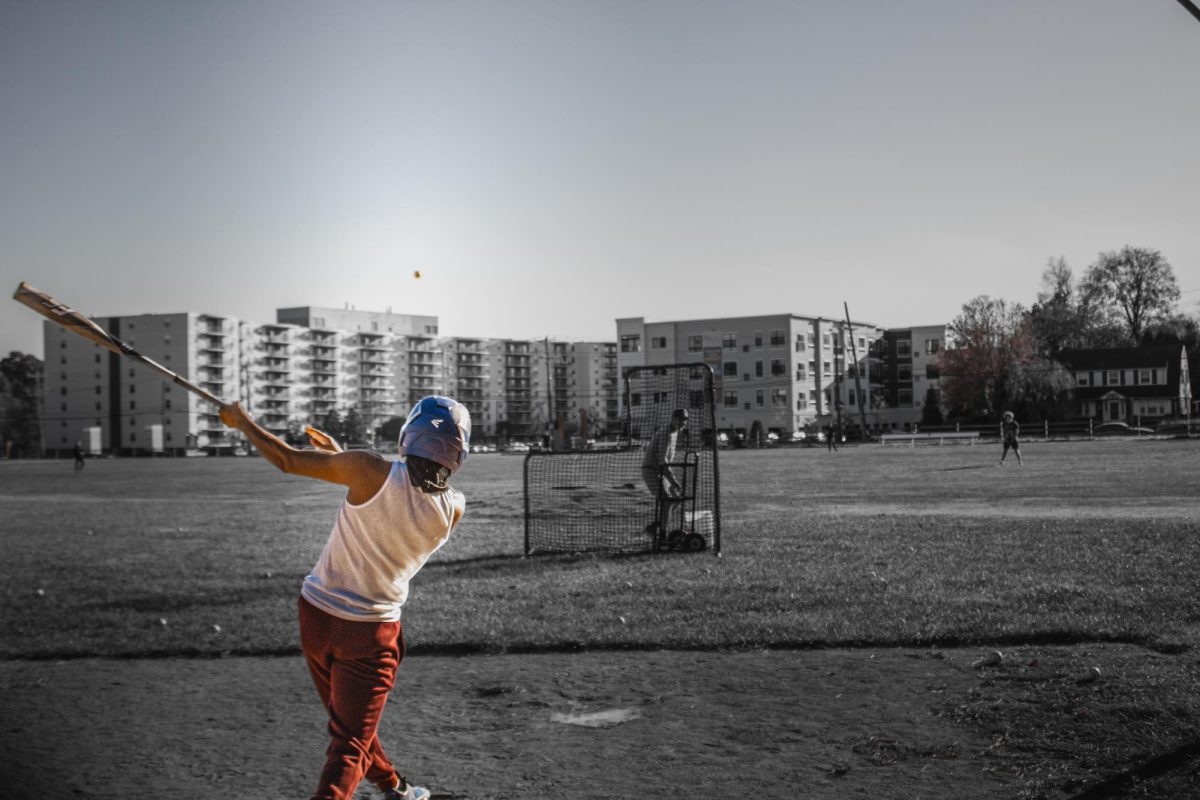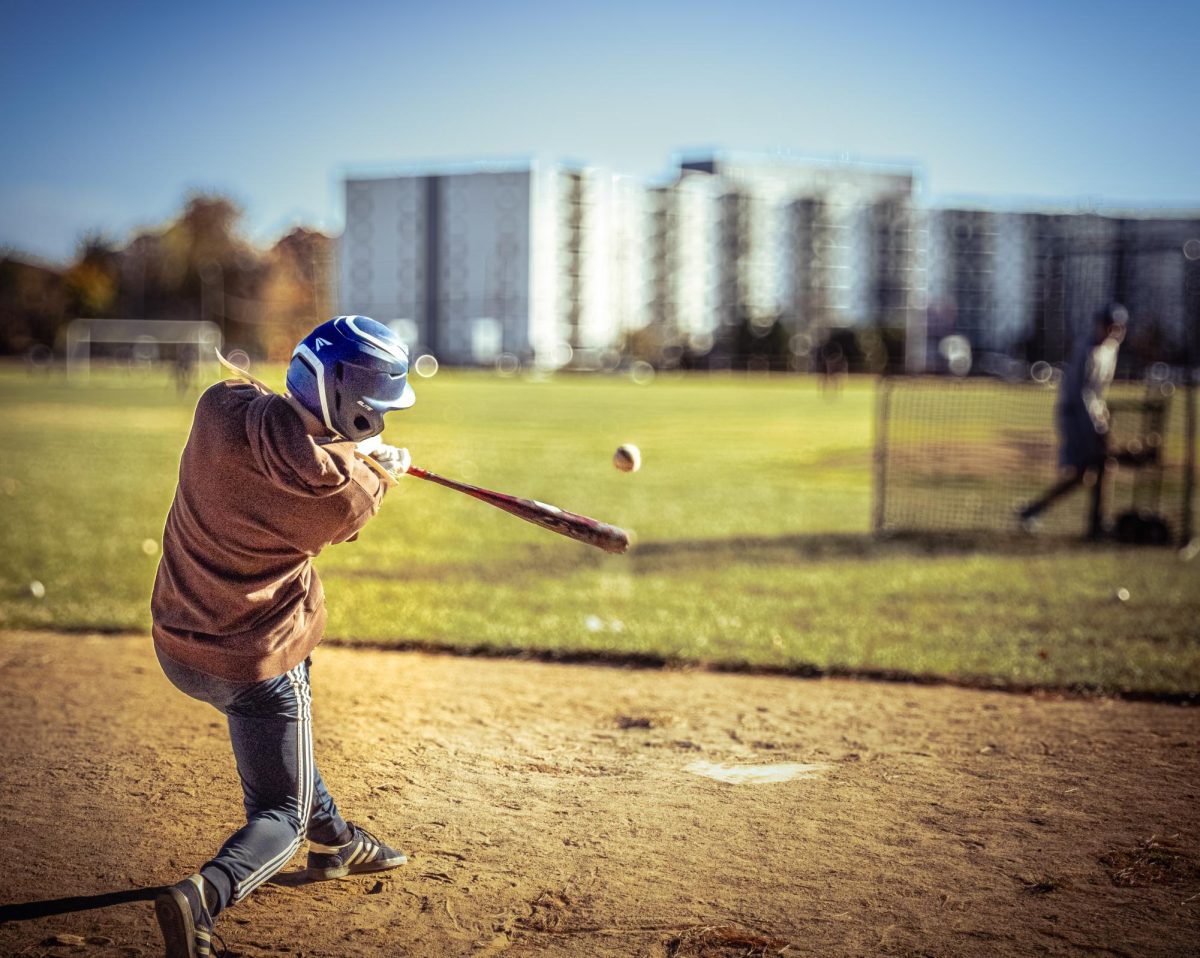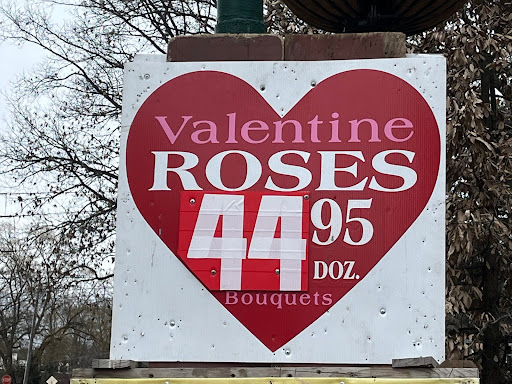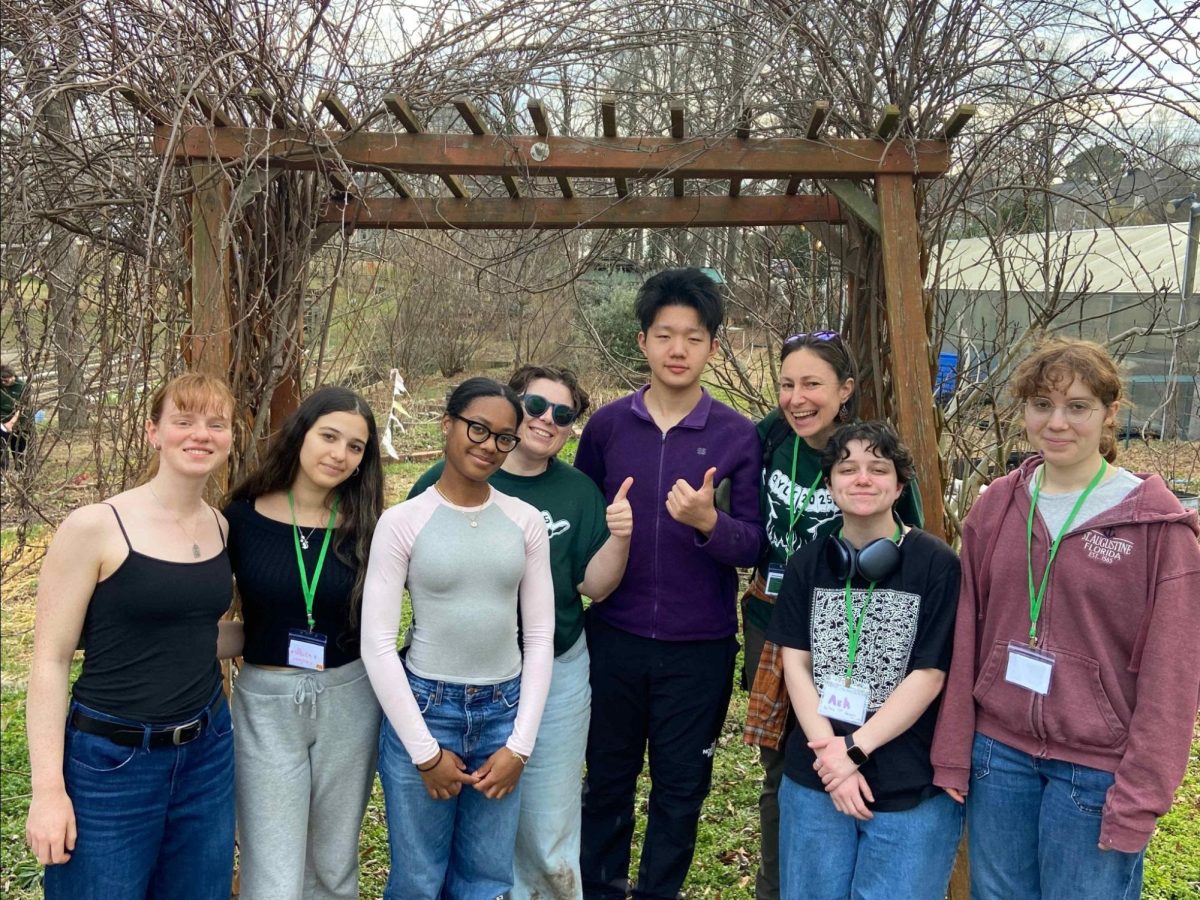In addition to boasting the holiday which serves as the nation’s biggest annual celebration of romance, February is Teen Dating Violence Awareness Month. But why would the Office of Family Violence Prevention and Services bother to create such a title?
Possibly because when the Center for Disease Control conducted their survey, one in every twelve high school students had experienced physical or sexual violence in the prior twelve months.
Or, perhaps because in 2022, the Office of Juvenile Justice and Detention found that fifty percent of teenagers face stalking and harassment while sixty-five percent have experienced a form of psychological abuse.
These statistics illustrate the need for awareness of and action against abusive relationships between teenagers. During this time, let’s learn how to protect ourselves and our friends from abuse.
The National Domestic Violence Hotline website defines abuse in a relationship as behaviors that “physically harm, intimidate, manipulate, or control a partner or otherwise force them to behave in ways they don’t want to.”
A few common manifestations of abusive behavior are stalking, as well as physical, emotional, sexual, and digital abuse. This means that abuse can include intentional unwanted contact with someone’s body that comes with the intention of causing pain or pressuring someone into doing a sexual act that they do not want to do.
Non-physical behavior includes insults, threats, and other forms of humiliation along with the use of technology including social media to emotionally harm a partner, as well as repeatedly watching, following, and harassing a partner or romantic interest.
AFS counselor Ebony Holloway talks about how teens can protect their relationships from becoming abusive ones.
Holloway said, “Teens can protect themselves from abusive relationships by [having] a clear understanding of what a healthy and caring relationship looks like and feels like. It is important for teens to trust in what they know; listen to their inner voice and instead of outside pressures and define their own healthy, safe boundaries and comfort levels in teen dating, romantic interest and/or relationships.”
Holloway furthermore discussed how establishing norms around open communication by having a conversation about boundaries should be one of the first steps that teens should take in a new relationship. This means setting the expectation within your relationship that consists of either person expressing how they feel with the knowledge that their partner will listen, and that both people can say “no” and can listen to “no.”
It is also important to pay attention to disrespectful behavior online, as online abuse is just as harmful and ‘can often be a precursor to in-person abuse or violence’. According to Christie Rizzo, PhD, of Northeastern University in Boston, abusive conducts such as these can go unnoticed by people on the outside, and so, it’s important to check in with those who exhibit signs of uncommon behavior.
According to Holloway, some signs of uncommon behavior to watch out for include,
- Loss of interest: Teens lose interest in activities they used to enjoy
- Excuses and Apologies: Teens find themselves making excuses or apologizing for their partner’s inappropriate behaviors
- Physical signs: Unexplained bruises or injuries start appearing, raising concern
- Emotional changes: A noticeable sudden change in the teen’s demeanor or self-confidence, particularly when they’re around their dating partner
In addition to looking after your friends, an essential step to protecting others is to reflect if you are part of the problem.
The National Domestic Abuse Hotline urges you to rethink your behavior if you “express your anger by threatening to harm (or actually harming) your partner, express your anger by raising your voice, name-calling, or insults, [or] force (or try to force) your partner to be intimate with you, or get angry or upset if they do not want to.”
Often, abuse or violence can occur in teenage relationships because the people involved are struggling to learn how to process their feelings and insecurities in a relationship, said Ernest Jouriles, a professor of psychology at Southern Methodist University in Dallas in an report published by the American Psychological Association (APA). With that in mind, let’s take a look at some strategies for actively creating respect and equality within your relationship.
When arming teens with the emotional skills to build healthy relationships, researchers Victoria Banyard, John Grych, and Sherry Hamby emphasize the importance of developing both regulatory and interpersonal strengths, according to the APA report.
Regulatory strength has to do with personally managing one’s own emotions, while interpersonal strength pertains to addressing issues and resolving conflicts with a partner.
Here are some guiding tips from Holloway for difficult conversations with a partner to help build your interpersonal strength:
Holloway said, “Name what has happened, own your role, name the impact, discuss how the conflict was co-created and then discuss planning a way forward that feels safe and healthy.”
While interpersonal strength is helpful for navigating conflicts in a respectful and productive way, regulatory strength can be helpful for preventing unnecessary conflicts and arguments by helping you independently relieve feelings of anger, jealousy, rejection, or insecurity that otherwise might cause you to lash out.
Holloway advises that if a relationship is causing you to feel angry at or jealous of your partner all the time, it may not be the best relationship for you.
Holloway said, “So, if you’re feeling jealousy, I need to know – how intense is that jealousy? It might not be the best relationship if you are being preoccupied by these negative feelings all the time.”
Holloway advises self-reflection as a way to evaluate whether you are the one suffering from an unhealthy relationship as well.
Holloway said, “The intensity of the feeling could be so heavy that it becomes scary. If it’s becoming scary, then that’s an indication that ‘this is not healthy for me.’ You have to follow your instincts.”
Holloway advises those who are experiencing abuse to seek help immediately from a trusted adult. There are many local resources that are available for support. It is important to know that they are not alone and we are here to listen and help.
Victim Services Center is local and provides a 24 hour hotline (888-521-0983). Resources for further education include National Domestic Abuse Hotline’s “Love Is Respect” program and Planned Parenthood’s online resources for teens, both of which include extensive guides to consent as well as relationship wellness.
The Office of Family Violence Prevention and Services has a page full of resources for Teen Dating Violence Awareness Month 2024. This includes guides to community-based prevention such as the LoveIsRespect 2024 Teen Dating Violence Awareness Month Action Guide and a podcast that provides a platform for teens to speak out on their own experiences with dating violence and visions for prevention.
Remember that showing someone you love them goes deeper than buying them a rose. It means listening to ‘yes’ and ‘no’, accepting rejection and disappointment, working to peacefully mend conflicts, and supporting them every step of the way.
This Teen Dating Violence Awareness Month, let’s show the important people in our life that we love them by communicating with our partners with respect and checking in on the wellbeing of our friends.
